TETRABUTYLPHOSPHONIUM HYDROXIDE
Synonym(s):TBPH
- CAS NO.:14518-69-5
- Empirical Formula: C16H37OP
- Molecular Weight: 276.44
- MDL number: MFCD00068456
- EINECS: 238-528-0
- SAFETY DATA SHEET (SDS)
- Update Date: 2025-07-04 15:08:14
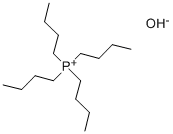
What is TETRABUTYLPHOSPHONIUM HYDROXIDE?
The Uses of TETRABUTYLPHOSPHONIUM HYDROXIDE
Tetrabutylphosphonium Hydroxide (TBPH) is a quaternary phosphonium salt. It is an effective catalyst in a variety of reactions. It is a strong base that can be used as a strong organic base catalyst. Its basicity combined with its function as phase transfer catalyst makes it a versatile catalyst in many biphasic organic transitions used in the manufacture of polymers, pharmaceuticals, agrochemicals, flavors and fragrances. Also it finds use as (trans)esterification catalyst for the preparation of several monomers,polymers and a cleaning agent for printed circuit boards and semiconductor wafers.
Applications:
- Glycidyl Ether Intermediates used in pharmaceutical applications.
- Chemicals for Polymer Applications.
The Uses of TETRABUTYLPHOSPHONIUM HYDROXIDE
Tetrabutylphosphonium Hydroxide is a phase transfer catalyst for the etherification of thiosalicylic acid and analogs. Tetrabutylphosphonium Hydroxide is a pretreatment for rice husks that enhances enzymic and acid hydrolysis yields. Tetrabutylphosphonium Hydroxide is used in the synthesis of tetrabutylphosphonium carboxylate as a recyclable and highly selective catalysts for alcoholysis reaction of propylene oxide.
Properties of TETRABUTYLPHOSPHONIUM HYDROXIDE
| Density | 0.989 g/mL at 25 °C |
| refractive index | n |
| form | Liquid |
| color | Clear colorless to slightly yellow |
| Specific Gravity | 0.989 |
| Water Solubility | Miscible with water. |
| Hydrolytic Sensitivity | 0: forms stable aqueous solutions |
| BRN | 4826225 |
| CAS DataBase Reference | 14518-69-5(CAS DataBase Reference) |
| EPA Substance Registry System | Phosphonium, tetrabutyl-, hydroxide (1:1) (14518-69-5) |
Safety information for TETRABUTYLPHOSPHONIUM HYDROXIDE
| Signal word | Danger |
| Pictogram(s) |
 Corrosion Corrosives GHS05 |
| GHS Hazard Statements |
H314:Skin corrosion/irritation |
| Precautionary Statement Codes |
P280:Wear protective gloves/protective clothing/eye protection/face protection. P310:Immediately call a POISON CENTER or doctor/physician. P305+P351+P338:IF IN EYES: Rinse cautiously with water for several minutes. Remove contact lenses, if present and easy to do. Continuerinsing. |
Computed Descriptors for TETRABUTYLPHOSPHONIUM HYDROXIDE
New Products
Indole Methyl Resin tert-butyl 9-methoxy-3-azaspiro[5.5]undecane-3-carboxylate Boc-His(Boc)-OH 2-CTC Resin 4-Chloro-7-tosy1-7Hpyrrolo[2,3-d]pyrimidine 5,7-Dibromo-1H-indole 2,5-dichloro-N-hydroxy-4,6-dimethylpyridine-3-carboximidamide 2,2-Dimethoxy-7-azaspiro[3.5]nonane hydrochloride 4-chloromethyl-5-methyl-1,3-dioxol-2-one (DMDO-Cl) R-2-BENZYLOXY PROPIONIC ACID 1,1’-CARBONYLDIIMIDAZOLE 1,1’-CARBONYLDI (1,2-4 TRIAZOLE) N-METHYL INDAZOLE-3-CARBOXYLIC ACID 4-((2-hydroxyethyl)thio)benzoic acid 1-(TERT-BUTOXYCARBONYL)-2-PYRROLIDINONE Methyl 6-methylnicotinate 3-Pyridineacrylic acid tert-Butyl carbazate TETRAHYDRO-2H-PYRAN-3-OL 2-((4-morpholinophenylamino) (methylthio) methylene) malononitrile 3-(4-morpholinophenylamino)-5-amino-1H-pyrazole-4-carbonitrile 2,4-dihydroxybenzaldehyde 1,3-Diethyl-1,3-Diphenylurea Methyl 2-methylquinoline-6-carboxylateRelated products of tetrahydrofuran

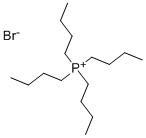
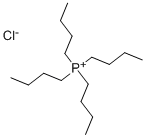
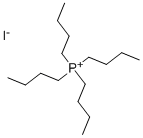
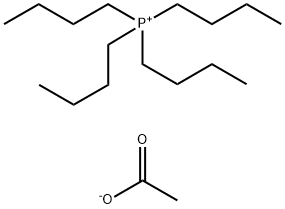

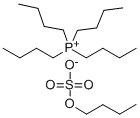
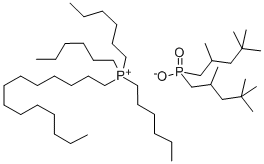
You may like
-
 Tetra-n-butylphosphonium hydroxide CAS 14518-69-5View Details
Tetra-n-butylphosphonium hydroxide CAS 14518-69-5View Details
14518-69-5 -
 Tetra-n-butylphosphonium hydroxide CAS 14518-69-5View Details
Tetra-n-butylphosphonium hydroxide CAS 14518-69-5View Details
14518-69-5 -
 Tetra-n-butylphosphonium hydroxide CAS 14518-69-5View Details
Tetra-n-butylphosphonium hydroxide CAS 14518-69-5View Details
14518-69-5 -
 Tetrabutylphosphonium Hydroxide (40% in Water) CAS 14518-69-5View Details
Tetrabutylphosphonium Hydroxide (40% in Water) CAS 14518-69-5View Details
14518-69-5 -
 Tetrabutylphosphonium hydroxide solution CAS 14518-69-5View Details
Tetrabutylphosphonium hydroxide solution CAS 14518-69-5View Details
14518-69-5 -
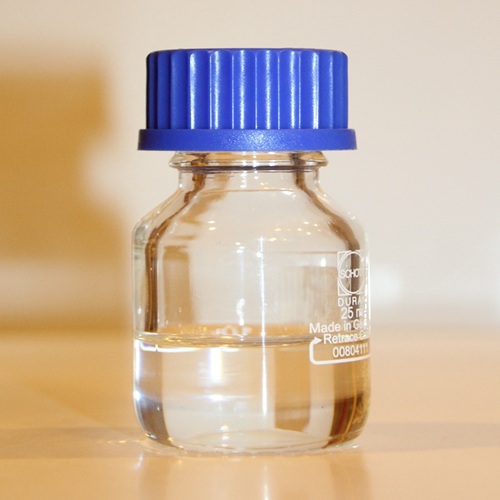 Pyridine 99.5% HPLC /UV SpectroscopyView Details
Pyridine 99.5% HPLC /UV SpectroscopyView Details
110-86-1 -
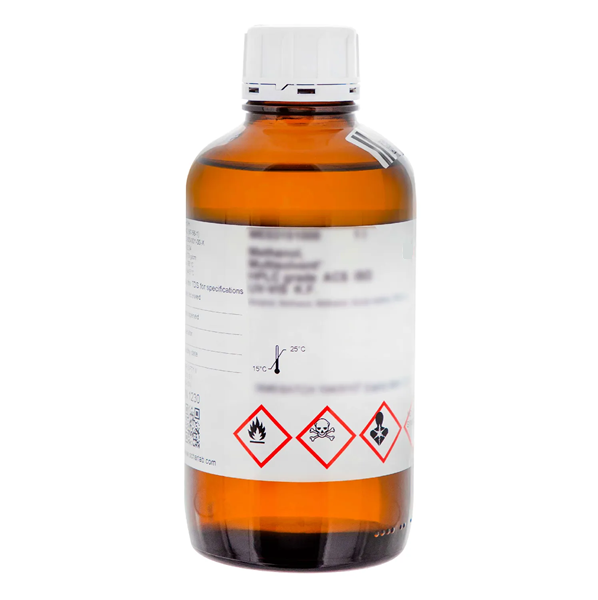 Dibutyl PhthalateView Details
Dibutyl PhthalateView Details
84-74-2 -
 Thiourea 99% ARView Details
Thiourea 99% ARView Details
62-56-6
